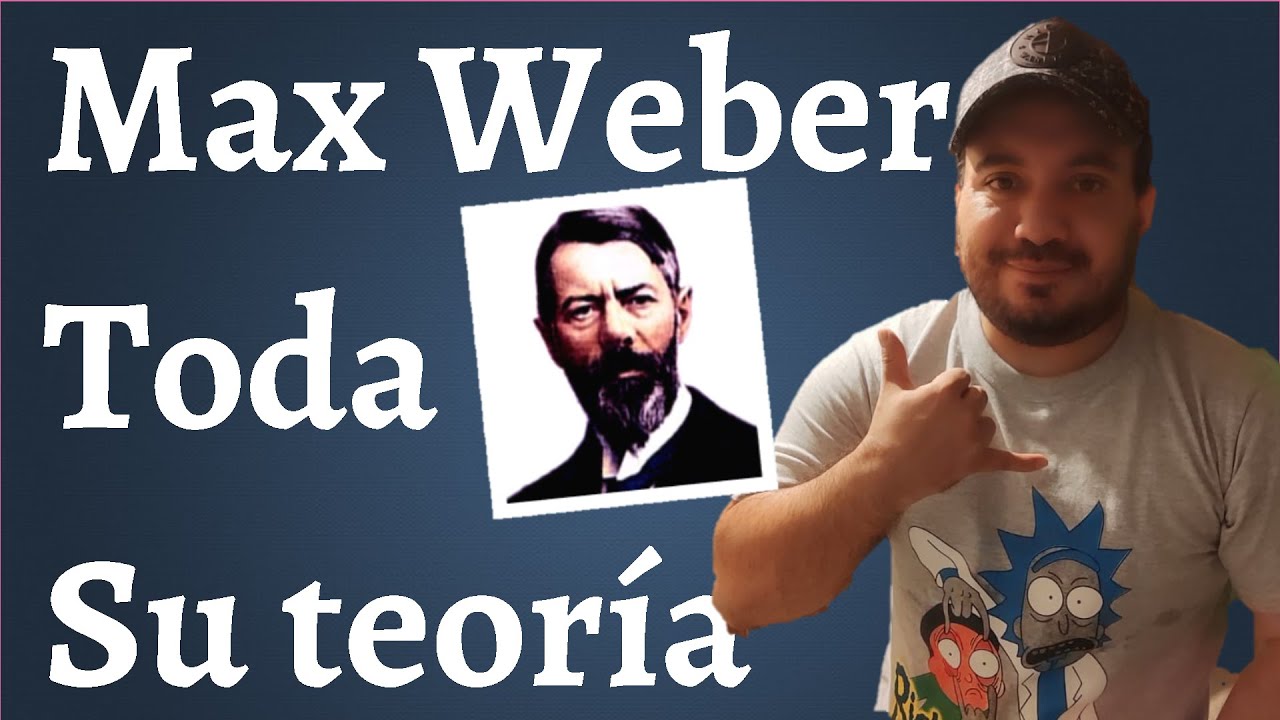7.5 The Four Ideal Types of Social Action
Summary
TLDRMax Weber's sociological theory categorizes social action into four ideal types: goal rational, value rational, effective, and traditional. Goal rational actions are calculated for efficiency, while value rational actions are driven by non-rational values. Effective actions stem from emotional responses, and traditional actions are rooted in long-standing customs. Weber posits that in modern Western societies, goal rationality is becoming increasingly dominant, marginalizing the other types. This shift is central to understanding the consequences of modernity.
Takeaways
- 📊 Max Weber introduced a classification of four ideal types of social action.
- 🎯 The first type, 'Zweckrational' or goal-rational action, is driven by the pursuit of goals in the most efficient way possible.
- 🤔 Goal-rational actors always keep emotions in check to maintain a systematic and calculating approach.
- 🏆 The second type, 'Wertrational' or value-rational action, involves pursuing values that may not be rationally motivated but are still pursued rationally.
- 😠 The third type, 'Affectual' social action, is driven by emotions and can lead to actions that are not always in the actor's best interest.
- 🍽️ The fourth type, 'Traditional' social action, is based on habit and tradition, with actions often performed because 'that's how we've always done it'.
- 📉 Weber suggests that goal-rational action is becoming more prevalent in modern societies, at the expense of the other types.
- 🌐 This shift towards goal-rational action is seen as a central development in modern Western societies.
- 🔍 The ideal types are not found in pure form in reality; instead, they are mixed or slightly contaminated in real-world social actions.
- 🌟 Weber's theory implies that the increasing dominance of goal-rational action has significant implications for other aspects of modernity.
Q & A
What are the four ideal types of social action according to Max Weber?
-The four ideal types of social action according to Max Weber are goal rational, value rational, effective, and traditional social action.
What is meant by goal rational social action?
-Goal rational social action refers to actions motivated by the desire to reach an end result in the most efficient way, using rational arguments and systematic calculation of means to achieve the goal.
How does Max Weber describe value rational social action?
-Value rational social action is characterized by actions directed towards a value that cannot be motivated in rational terms, where individuals may act rationally to achieve a value, even if it leads to personal sacrifice.
Can you provide an example of effective social action as described by Weber?
-An example of effective social action is a soccer player biting an opponent out of anger, despite knowing the severe consequences, because the emotional drive at that moment was irresistible.
What is traditional social action and how does it differ from the other types?
-Traditional social action is when actions are performed based on long-standing customs and traditions without questioning the rationale behind them, differing from the other types by its adherence to historical practices rather than rational calculation or emotional response.
Why does Weber believe goal rationality is becoming more prevalent in modern societies?
-Weber suggests that in modern Western societies, goal rationality is on the rise because it aligns with the increasing need for efficiency and calculability, which are hallmarks of modernity.
How does Weber view the marginalization of value rational, effective, and traditional social action in modernity?
-Weber observes a gradual marginalization of these types of social action as modern societies prioritize goal rationality, pushing value rational, effective, and traditional actions to the periphery.
What is the significance of the term 'ideal types' in Weber's classification?
-The term 'ideal types' signifies that these categories are theoretical constructs that exist in a pure form only in the realm of ideas, and real-world instances will be mixtures or approximations of these ideal types.
How does Weber's theory of social action relate to the broader aspects of modernity?
-Weber's theory posits that the increasing prevalence of goal rational social action is central to modernity, with other aspects of modern life being consequences of this shift towards rationalization.
What does Weber suggest about the future of value rational, effective, and traditional social action in the context of modernity?
-Weber implies that while these types of social action may still exist, they are increasingly pushed to the margins as modern societies continue to prioritize goal rationality.
Can you explain the concept of 'contaminated cases' in relation to Weber's ideal types?
-Weber's concept of 'contaminated cases' refers to real-world social actions that are not pure examples of his ideal types but rather mixtures that may exhibit characteristics of multiple types, reflecting the complexity of human behavior.
Outlines

This section is available to paid users only. Please upgrade to access this part.
Upgrade NowMindmap

This section is available to paid users only. Please upgrade to access this part.
Upgrade NowKeywords

This section is available to paid users only. Please upgrade to access this part.
Upgrade NowHighlights

This section is available to paid users only. Please upgrade to access this part.
Upgrade NowTranscripts

This section is available to paid users only. Please upgrade to access this part.
Upgrade Now5.0 / 5 (0 votes)





